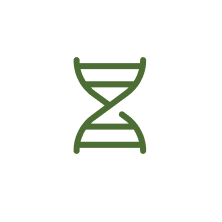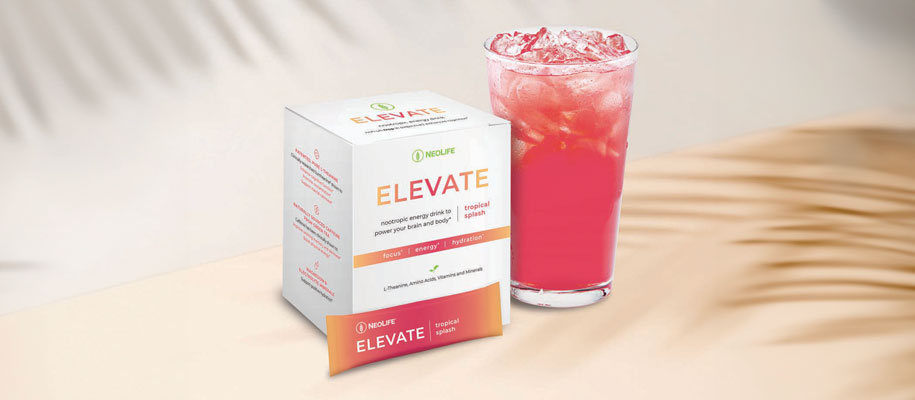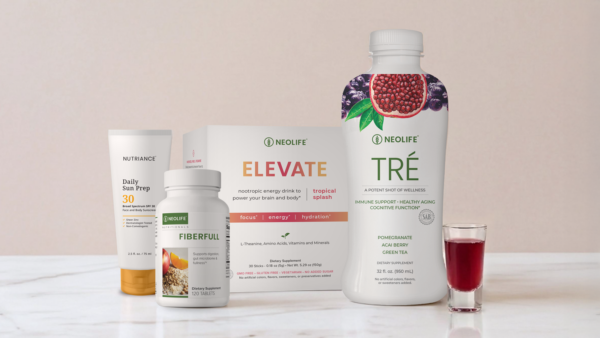 Dr. Todd Miller
Dr. Todd Miller
Scientific Advisory Board member
Energy drinks are beverages that contain stimulant compounds, primarily caffeine, which are marketed as providing mental and physical stimulation. They typically contain sugar (often in excessive amounts) and other sweeteners, herbal extracts, and a variety of amino acid and micronutrient combinations. They come in a staggering number of flavors, sizes, colors, and ingredient combinations, and are most often consumed by people who are looking for a quick and easy way to boost their energy levels. For example, students, athletes, and people who work long hours make up the most common consumers of energy drinks.
With the ever increasing popularity of these beverages, the number of people who use energy drinks on a daily basis is skyrocketing, and this is particularly true among young people. In fact, energy drinks are the highest consumed supplement in young people and adolescents behind multivitamins.1 While usage numbers vary, it is reported that as many as 30% of young people use energy drinks on a regular basis.2 The increasing use of these products (particularly ones with extremely high levels of sugar, caffeine and other stimulants), along with few long term studies as to their safety, has led many to wonder whether it’s safe to use energy drinks on a daily basis. As is the case with most interesting questions, the answer is “it depends.” In the case of energy drinks, the safety and efficacy of a product is largely dictated by the type, quality, and quantity of its ingredients as well as the total amount of product consumed. While there are an endless number of ingredient combinations that can be found in the energy drink market, most will contain a mixture of caffeine, sugar, amino acids, vitamins and minerals.
Safe Every Day
While it is true that many energy drinks have ingredients that have positive benefits, just as many or more also include excessive amounts of caffeine and sugar that would likely be detrimental if consumed on a daily basis. When choosing an energy drink for daily consumption, one should look for a low calorie option that has a safe amount of caffeine, with an effective amino acid/micronutrient mix.
 |
Fortunately, a serving of Elevate by NeoLife has 120 mg of caffeine, naturally sourced from Green Tea, and contains only 10 calories with zero added sugar. It is a vegetarian option with no artificial colors, flavors, sweeteners, or preservatives and is GMO- and gluten free. However, unlike other energy drinks, Elevate also contains clinically researched Suntheanine®†, an L-theanine source which has been shown to enhance cognitive function, promote concentration, and support mental calmness.*7 It provides 100% of the Daily Value of vitamins B6, B12, folate, and vitamin D. Finally, Elevate also includes an electrolyte blend of sodium, potassium, magnesium and calcium to help support optimal hydration, a critical component of health and performance.* |
With the overwhelming array of energy drink choices that are available to the average consumer, it is difficult to know whether a given beverage is safe or effective. Furthermore, manufacturers create products that may disproportionally appeal to demographics that are more vulnerable to high doses of sugar and caffeine. As such, including excessive amounts of added sugar, caffeine, and other stimulants in their products is the norm rather than the exception. True to its name, Elevate is a product that is above the rest, in that it cuts through the typical noise surrounding energy drinks, and provides an effective, healthy, sugar-free option that you can feel good about drinking every day.
Caution: Consult a healthcare professional if you are pregnant or nursing, taking medication, or have a medical condition. Keep out of reach of children.
Other NeoLife Products for a Boost
 |
NeolifeTea is a delicious and energizing herbal tea blend that provides 85 mg of naturally occurring caffeine in each serving from its exclusive Energy Blend which includes a combination of green, black, and white tea.* It also contains a unique Adaptogen Blend with standardized extracts of Panax ginseng, Codonopsis pilosula and Rhodiola rosea, herbs traditionally used to promote mental alertness and well-being.* NeoLifeTea is naturally flavored and sweetened with a touch of lemon and honey and it comes in a convenient on-the-go stick form. |
 |
Super B is a high potency formula with eight dietarily essential B vitamins including B6 and B12 which play particularly important roles in energy production and utilization.* It utilizes Threshold Controlled Technology for a sustained release of B vitamins over a period of 6 hours.* |
References:
- National Institutes of Health/National Center for Complimentary and Integrative Health. Energy Drinks. Updated July 2018. Accessed Sept 21, 2023. https://www.nccih.nih.gov/health/energy-drinks.
- Alsunni AA. Energy Drink Consumption: Beneficial and Adverse Health Effects. Int J Health Sci. 2015 Oct; 9(4): 468-74.
- Food and Drug Administration. Spilling the Beans: How Much Caffeine is Too Much? Accessed Sept 21, 2023. https://www.fda.gov/consumers/consumer-updates/spilling-beans-how-much-caffeine-too-much.
- Rippe JM, Angelopoulos TJ. Relationship between Added Sugars Consumption and Chronic Disease Risk Factors: Current Understanding. Nutrients. 2016 Nov; 8(11): 697. doi: 10.3390/nu8110697.
- Baba Y, et al. Effects of l-Theanine on Cognitive Function in Middle-Aged and Older Subjects: A Randomized Placebo-Controlled Study. J Med Food. 2021 Apr; 24(4): 333-341. doi: 10.1089/jmf.2020.4803.
- Poly C, et al. The relation of dietary choline to cognitive performance and white-matter hyperintensity in the Framingham Offspring Cohort. Am J Clin Nutr. 2011 Dec; 94(6): 1584-91. doi: 10.3945/ajcn.110.008938.
- Hidese S, et al. Effects of L-Theanine Administration on Stress-Related Symptoms and Cognitive Functions in Healthy Adults: A Randomized Controlled Trial. Nutrients. 2019 Oct; 11(10): 2362. doi: 10.3390/nu11102362.
- Tardy AL, et al. Vitamins and minerals for energy, fatigue and cognition: A narrative review of the biochemical and clinical evidence. Nutrients. 2020; 12(1): 228. doi:10.3390/nu12010228.
† Suntheanine® is a registered trademark of Taiyo International, Inc.



















